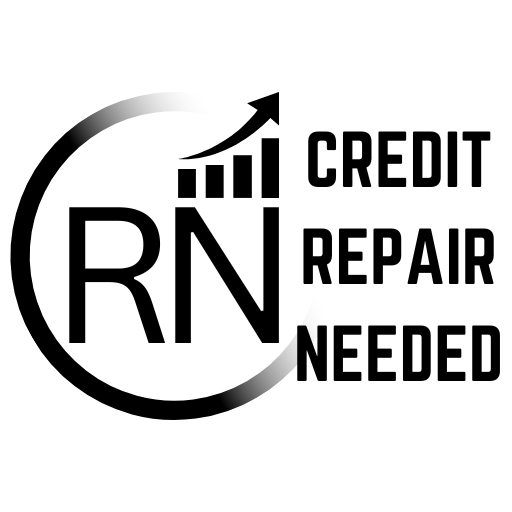Understanding Your Rights Under the Fair Debt Collection Practices Act (FDCPA)
Empowering Consumers with Debt Collection Knowledge
Unlocking the Advantages of the Fair Debt Collection Practices Act (FDCPA)
The FDCPA offers numerous benefits that empower consumers to manage their interactions with debt collectors effectively. From protecting against harassment to providing clear communication guidelines, the FDCPA is designed to safeguard your financial rights.
One of the key advantages of the FDCPA is the protection it offers against abusive practices. This ensures that debt collectors must adhere to strict guidelines, preventing harassment and abuse during the debt collection process.
Additionally, the FDCPA mandates that debt collectors provide clear and accurate information about your debt. This transparency helps you understand the details of the debt and your rights, enabling you to make informed decisions about how to address it.
Moreover, the FDCPA allows you to dispute and validate debts, ensuring the accuracy of the information being used in the collection process. This level of oversight helps maintain fairness and integrity in debt collection activities, giving you confidence in managing your financial obligations.
Take Control of Your Debt!
Don’t let abusive debt collection practices hold you back. Learn your rights under the FDCPA and take action to protect your financial well-being.
Demystifying Debt Collectors' Obligations Under the FDCPA
Holding Debt Collectors Accountable
Debt Collectors Rules
Validation
Period
Documentation
Times
Validation
Statements
Disclosure
Understand Your Rights
Empowering Your Rights When Debt Collectors Fail to Comply with the FDCPA
Consumers are empowered with rights under the FDCPA when debt collectors fail to comply with its regulations.
If a debt collector violates the FDCPA, you have the right to dispute the debt and request validation of the debt in writing. This allows you to ensure the accuracy of the information being collected.
You also have the right to request that debt collectors cease further communication with you. Once notified in writing, they must stop contacting you except to inform you of specific actions they may take, such as legal proceedings.
Take Action and Protect Yourself
In addition to these rights, you can file complaints with regulatory bodies such as the Federal Trade Commission (FTC), the Consumer Financial Protection Bureau (CFPB), and your state’s Attorney General’s office. These agencies investigate complaints and take action against debt collectors who violate the FDCPA.
Furthermore, you have the option to pursue legal action against debt collectors in court. If successful, you may be entitled to damages, including statutory damages up to $1,000, plus attorney fees.
Understanding and exercising these rights empowers you to protect yourself from abusive debt collection practices and ensures fair treatment in managing your financial obligations. This knowledge is essential for safeguarding your financial well-being and asserting your rights effectively.
Fair Debt Collection Practices Act (FDCPA) Questions Answered
Find answers to common questions about the Fair Debt Collection Practices Act (FDCPA) and how it impacts you.
What is the Fair Credit Reporting Act (FCRA)?
The Fair Debt Collection Practices Act (FDCPA) is a federal law established in 1977 designed to protect consumers from abusive, deceptive, and unfair practices by debt collectors
What rights do consumers have under the FCRA?
There are several rights consumers have:
- Right to Be Informed
- Right to Dispute the Debt
- Right to Request Verification
- Right to Cease Communication
- Right to Protection from Harassment
- Right to Privacy
- Right to Sue for Violations
Can a debt collector contact me at any time?
No, debt collectors cannot contact you before 8 a.m. or after 9 p.m., unless you agree to it
Can a debt collector contact me at work?
Debt collectors cannot contact you at work if they know your employer disapproves.
What should I do if I receive a debt collection notice?
Request written validation of the debt. The collector must provide this within five days of the initial contact.
Can a debt collector harass or threaten me?
No, the FDCPA prohibits harassment, threats, and abusive language.
How can I stop a debt collector from contacting me?
Send a written request to the collector to cease communication. They must comply except to notify you of specific actions.
